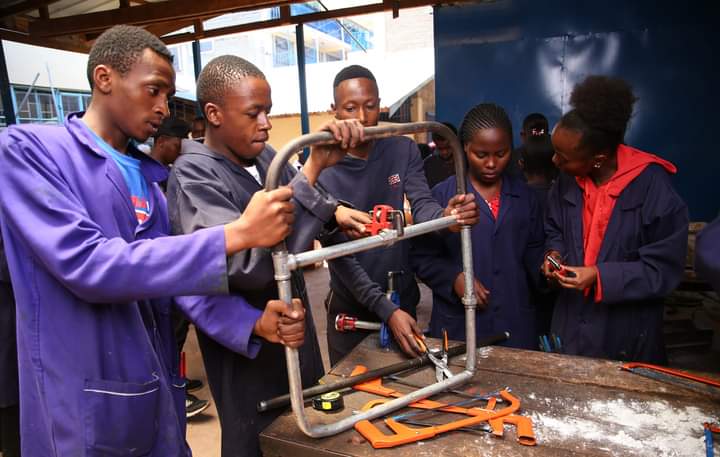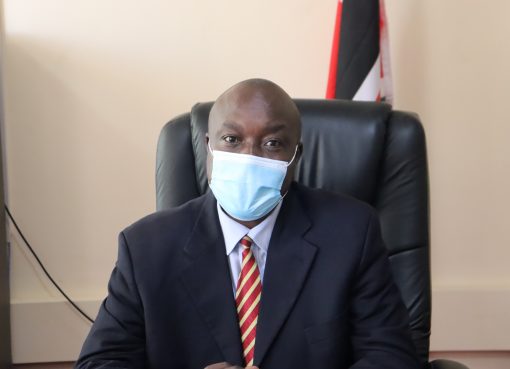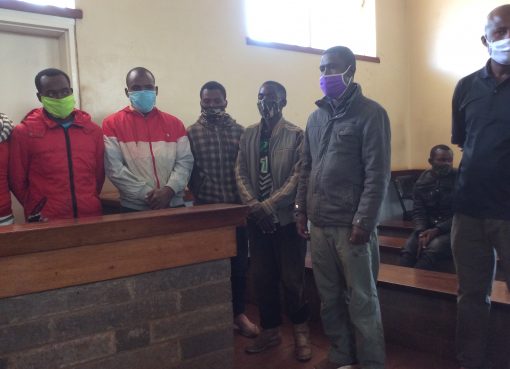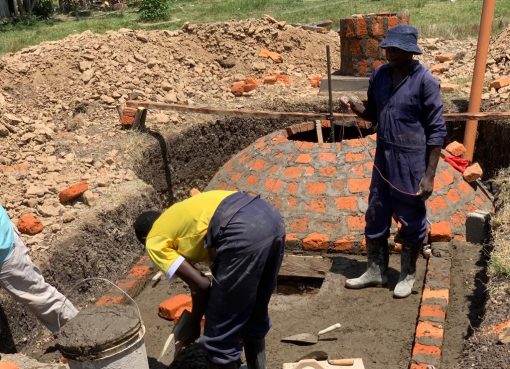After over six decades of offering vocational, technical, and industrial training, Michuki Technical Training Institute (MTTI) is set to be elevated into a national polytechnic.
Started in 1956 as a youth training centre, the institution has continuously provided quality technical, industrial, vocational, and entrepreneurship training and now aims to become a global leader in vocational training.
Speaking during a stakeholders meeting at a Murang’a hotel, Kangema Member of Parliament Peter Kihungi noted that the elevation will expand the current programmes being offered at the institution, enhance research capabilities, create employment, and ultimately benefit other vocational training institutes in the county.
“I will fully support the institution in putting in place the requisite investments in infrastructure and faculty development to meet the evolving skills demands,” he said.
“The elevation will also benefit other institutions around the county, as the upcoming Michuki National Polytechnic will share its essential facilities with other local technical institutes while also offering relevant courses that could be lacking in the latter,” stated the legislator.
On her part, Mary Njugi, the representative of the Ministry of Education State Department for TVETs, noted that the polytechnic will be the centre of a cluster model and will have a new mandate in the TVET sector.
“We have the TVET blueprint that gives the national polytechnic the responsibility to mentor all the other TVET institutions in the county,” she said.
“It will also be a qualification-awarding institution, as it will be mandated to develop the curriculum, award, and certify,” Njugi added.
The national framework requires that at least one national polytechnic be established in each county and one TVET institution in every constituency.
Njugi called on the local community to invest heavily in infrastructure as the status of the current MTTI is bound to change when it finally becomes a national polytechnic, admitting up to 10,000 trainees.
At the same time, MTTI Chief Principal Ann Mbogo noted that the college, which has more than 5000 trainees, will be a qualification-awarding institution that will address skill gaps in the community and the needs therein and develop curriculum that will address those gaps.
“We will also work with the community to give lifelong learning to those who have skills through informal learning but do not have the required certificates,” stated Mbogo.
“We will assess them, retrain them if need be, and also certify them so that they can go and participate in the building of the economy locally and globally,” she added.
The Deputy Governor (DG), Stephen Munania, representing Governor Irungu Kanga’ta, observed that the county government will support the institute as it starts the process of accreditation to become a national polytechnic.
“It is a welcome move for the people of Murang’a and the nation at large, and we will support it as it will help us meet the agenda of elevating education in the county,” he said.
The DG added that the envisaged national polytechnic will help other institutions develop their curricula tailor-made for the needs of the people of Murang’a and specific to the local market.
“We are in the process of acquiring additional land nearby, where the institution can put up more facilities and faculties through a series of public participations,” he said.
From Michuki Technical High School to the Technical Training Institute in 1990 and later Kangema Technical Training Institute up to 2003, the institute that changed to its original name, Michuki Technical Training Institute in 2003, is now set to become the Michuki National Polytechnic.
The institute that had a paltry 1000 trainees in 2018 has over 5000 trainees currently and aims to have 8000 trainees by 2027.
Meanwhile, MTTI has 88 classrooms, 25 workshops, 186 staff members, 26 interns, and has so far mentored six technical training institutes, namely Tetu, Ndia, Mathioya, Gatanga, Kandara, and Kigumo.
By Florence Kinyua





